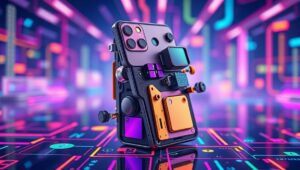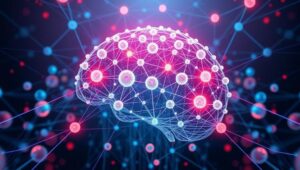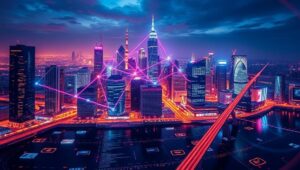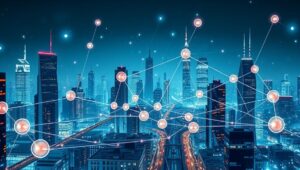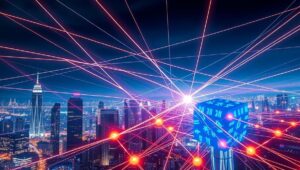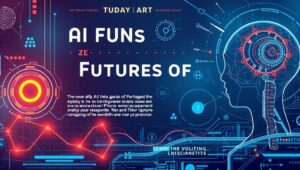May 16, 2025
Quantum AI: The Next Revolution in Intelligence (Beyond 2025)
Quantum AI: The Next Revolution in Intelligence (Beyond 2025) The convergence of quantum computing and artificial intelligence, often termed ‘Quantum AI,’ represents a paradigm shift poised to redefine the boundaries of computational possibility. As we look beyond 2025, understanding the potential and implications of this fusion becomes increasingly critical. What is Quantum AI? Quantum AI is not merely the application of quantum computers to existing AI algorithms. It’s a holistic integration, leveraging quantum mechanics to enhance and revolutionize machine learning, optimization, and simulation. Classical computers store information as bits representing 0 or 1. Quantum computers use ‘qubits,’ which, thanks to

